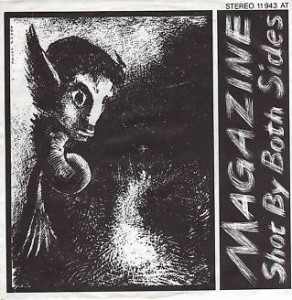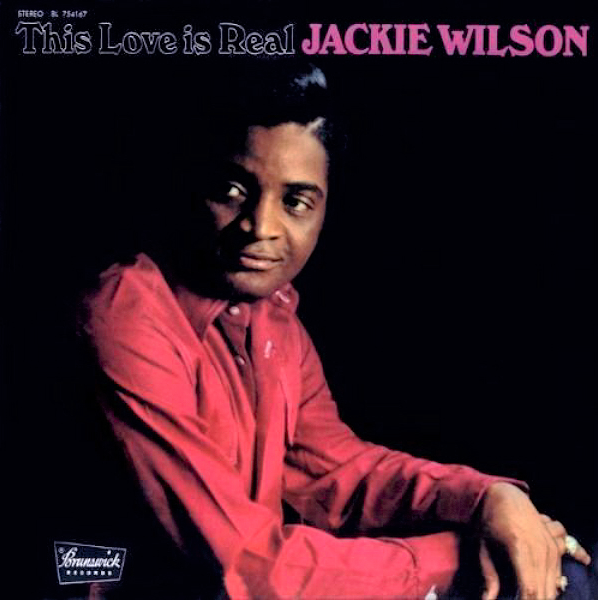 “About the Weather” (1981) – Magazine * Written by Howard DeVoto and Dave Formula * LP: Magic, Murder and the Weather * 45: “About the Weather”/”In the Dark” * Label: I.R.S. Records.
“About the Weather” (1981) – Magazine * Written by Howard DeVoto and Dave Formula * LP: Magic, Murder and the Weather * 45: “About the Weather”/”In the Dark” * Label: I.R.S. Records.“About the Weather” was the British post-punk outfit Magazine’s final single (until a 2011 reunion), and it appeared a few months after band leader Howard DeVoto, along with his trademark near-sneer lyrics and delivery, departed. Although “About the Weather” missed the charts in the UK and US, it’s remembered increasingly as though it didn’t. When the song begins, it sounds like something from Peter Gabriel-era Genesis, and actually does continue as such, but the thumping Motown-revival drums and bass do a cover-up.








